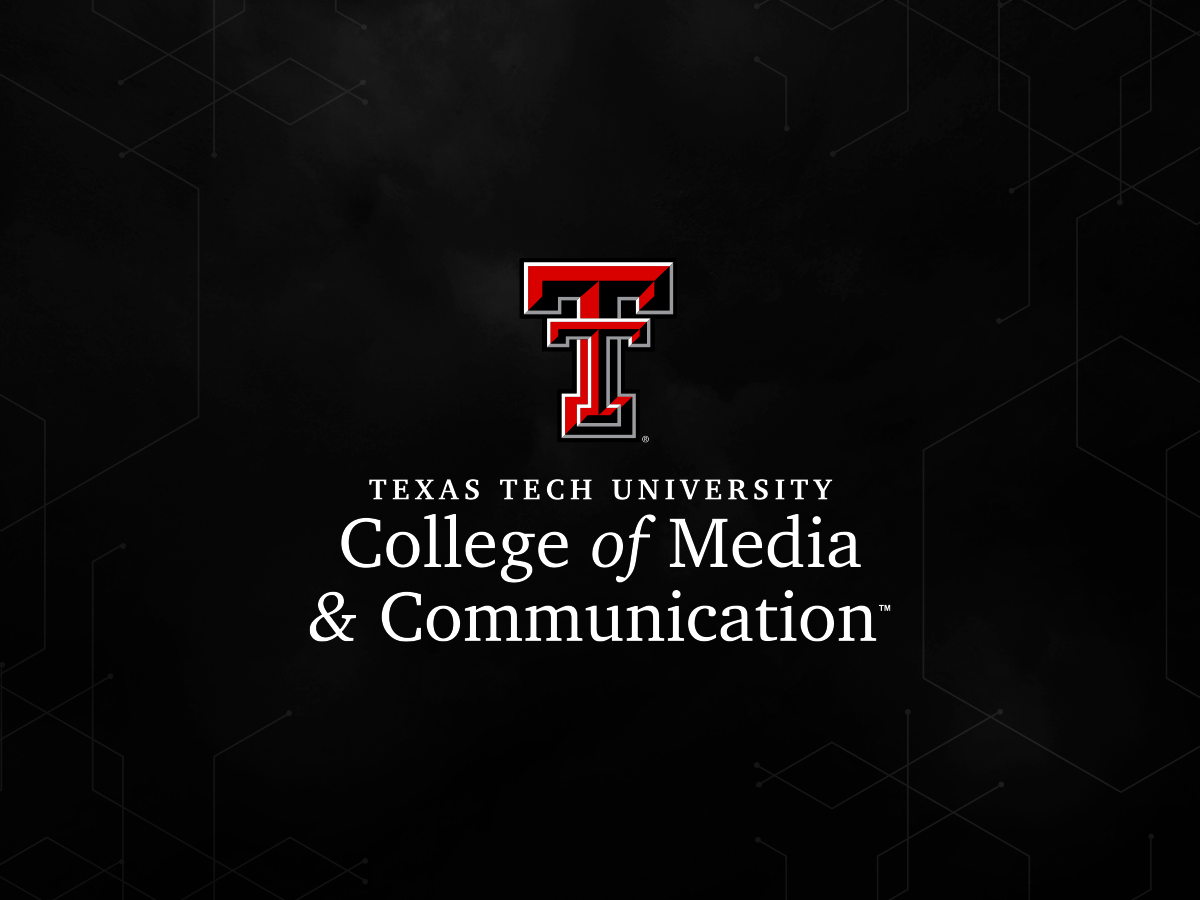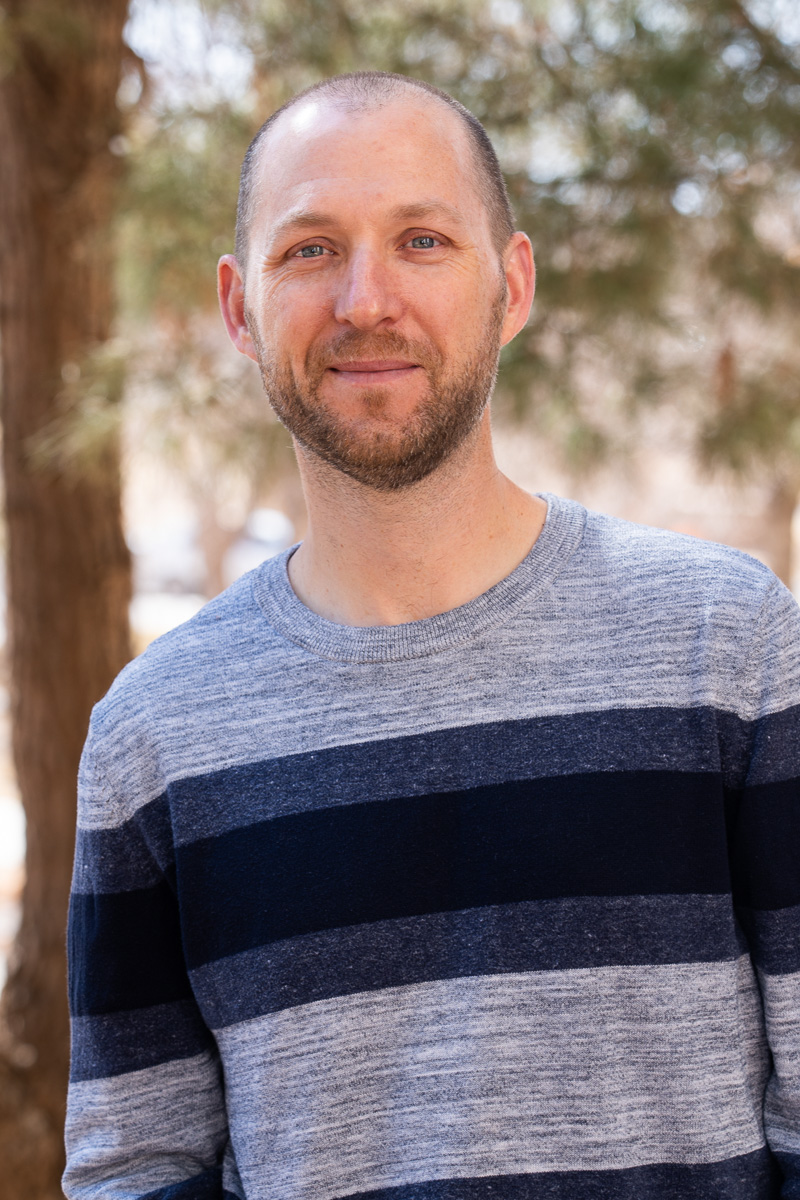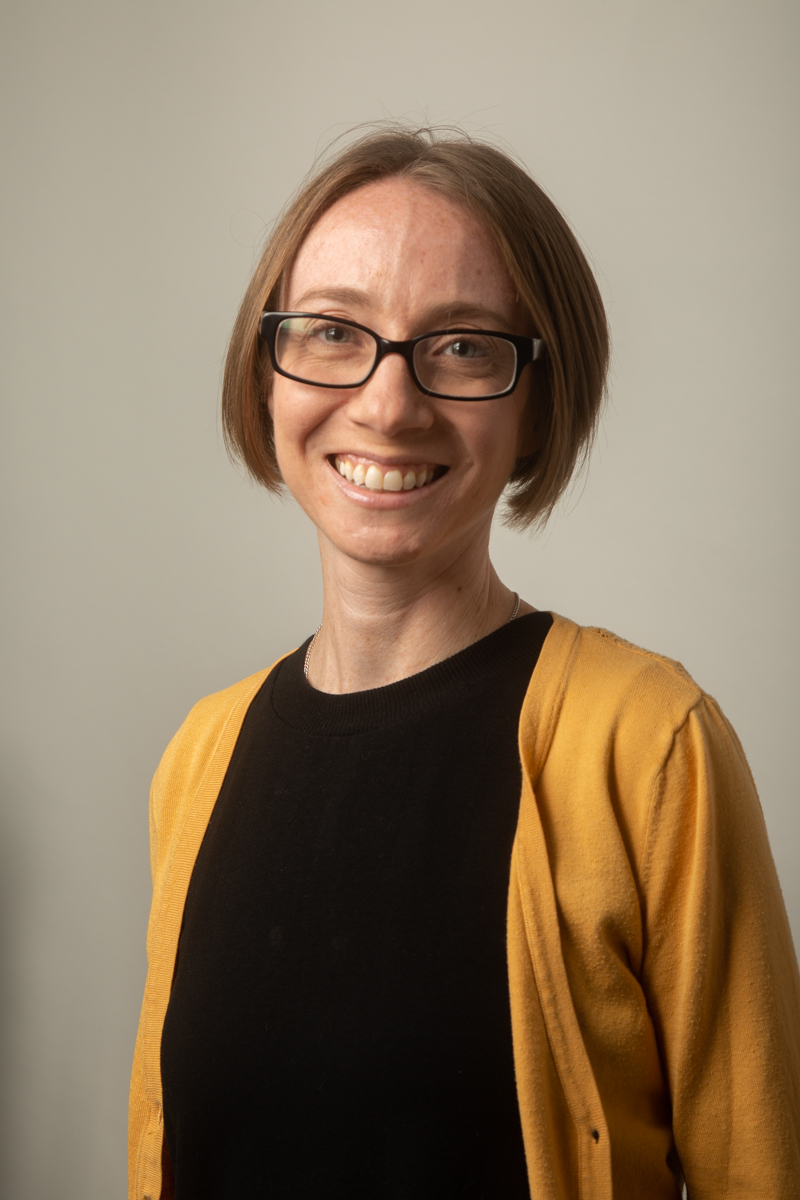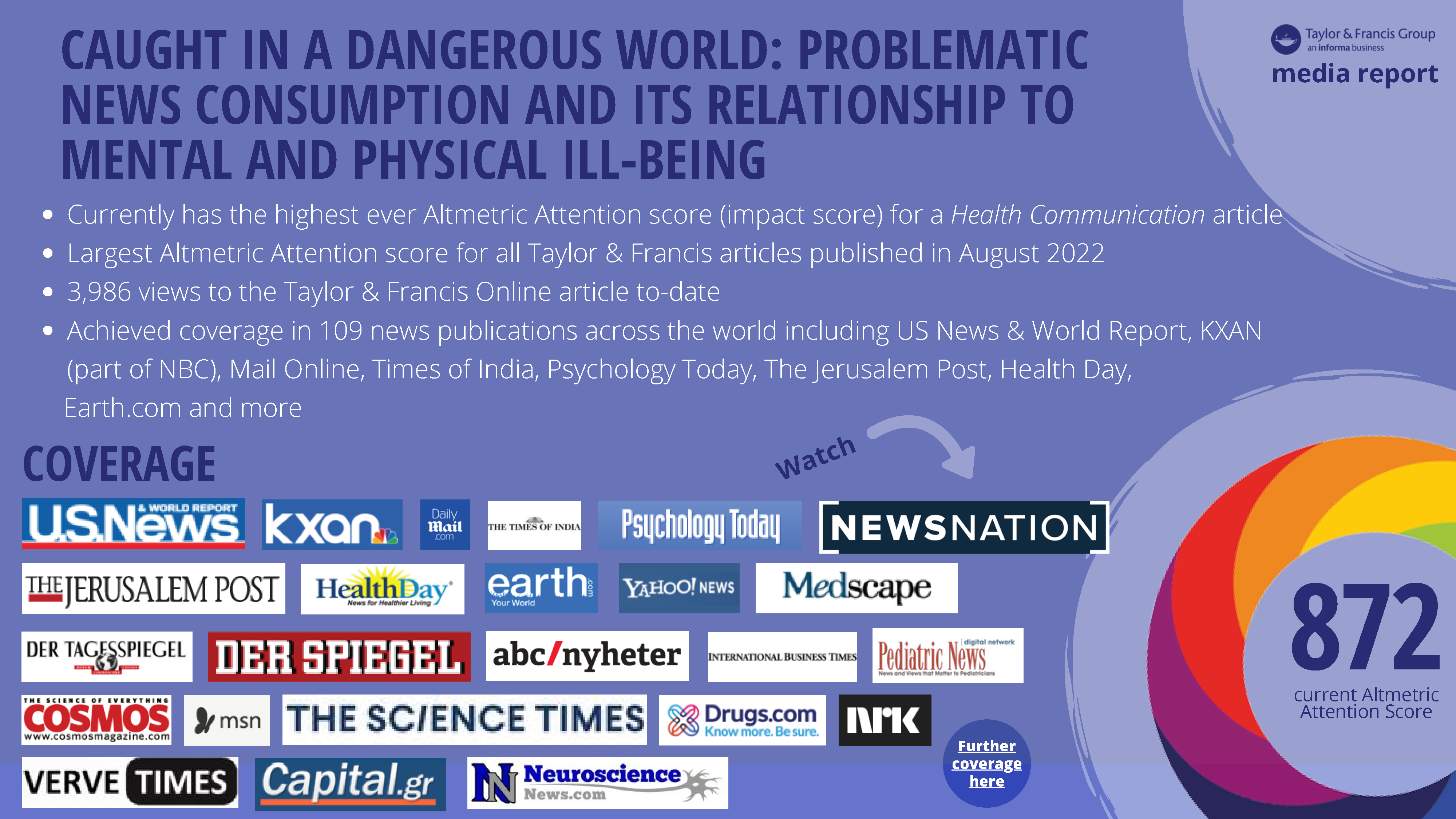
Two professors from the College of Media & Communication, accompanied by a colleague from the College of Human Sciences, published a research article which has since circulated across 114 news outlets and seen coverage in Europe, India, Australia and more. What has captivated press from around the world and outlasted the 24-hour news cycle?
Problematic news consumption.
The investigators include Associate Professor Bryan McLaughlin, Ph.D., Associate Professor Melissa Gotlieb, Ph.D., and Assistant Professor Devin J. Mills, Ph.D. McLaughlin and Gotlieb operate from the College of Media & Communication Department of Advertising & Brand Strategy, and they teamed up in August 2021 to conceptualize a study that would resonate with minds around the globe.
 In the wake of 2022, which was arguably one of the most tumultuous years in recent
history, McLaughlin approached Gotlieb with his curiosities concerning the relationship
between news consumption and well-being. Gotlieb, a social scientist invested in civic
engagement, jumped on the question. Once they recruited Mills for his expertise on
addictive behaviors, the trio were on their way to worldwide recognition.
In the wake of 2022, which was arguably one of the most tumultuous years in recent
history, McLaughlin approached Gotlieb with his curiosities concerning the relationship
between news consumption and well-being. Gotlieb, a social scientist invested in civic
engagement, jumped on the question. Once they recruited Mills for his expertise on
addictive behaviors, the trio were on their way to worldwide recognition.
Like any study venturing into intellectual territories as of yet unknown, the team needed a way to measure their data.
 “The first step in all of this is that we came up with this idea of problematic news
use,” said Gotlieb. “To develop a measurable scale, we used existing measures that
capture each of the dimensions that we anticipated as a part of this larger concept.”
“The first step in all of this is that we came up with this idea of problematic news
use,” said Gotlieb. “To develop a measurable scale, we used existing measures that
capture each of the dimensions that we anticipated as a part of this larger concept.”
The team ultimately landed on five items to culminate the concept of problematic news use, which include:
- Transportation – media use can entail the experience of being fully immersed in a narrative world
- Preoccupation – occurs when an activity dominates an individual's thoughts
- Misregulation – when individuals are able to exert control over their behaviors, but their efforts are misguided
- Underregualtion – when individuals lack the self-control to monitor their behavior
- Interference – when a problematic behavior becomes disruptive and creates interpersonal conflict
Although their inquest began by thinking they were looking at something synonymous to addiction, these five tenets quickly proved to be something unique entirely.
“From a clinical perspective, this idea didn't quite check all the boxes for traditional addiction,” said McLaughlin. “It's not like you need to keep watching more and more news because a little is not enough, like how it works with a chemical addiction. It's more of a habitual process, feeling like you need to keep up because everything is changing so rapidly.”
In the published paper, the team separates their concept of problematic news consumption from addiction theories by calling it a maladaptive relationship, which McLaughlin defines as something misdirected and often leading to negative repercussions.
When it was time to gather data, the team surveyed 1,100 adults and intentionally oversampled political partisans. Both Gotlieb and Mills ran analysis on the data and replicated the results.
Four classes emerged from the survey responses, each one denoting an individual's relationship to news consumption. The classes include non-problematic, minimally problematic, moderately problematic, and severely problematic.
In the end, their results suggested nearly half of the surveyed population has curated either moderately or severely problematic habits in news consumption.
“I think what was most surprising to us was that 17 percent of participants qualified as having severe levels of problematic news consumption,” said Gotlieb. “That's a degree that contributes to symptoms in mental and physical well-being, and it's something that needs to be addressed.”
With the amount of data gathered, McLaughlin and Gotlieb are already planning follow-up studies. For now, they're busy navigating the world of press releases and talk shows.

From The Guardian to NBC affiliate stations, the study is rippling across news outlets in what looks like a strange self-examination from the media. The article currently boasts the highest ever Altimetric Attention Score for a Health Communication article. McLaughlin speculates about the fervor with which the findings were distributed.
“I think it caught on because it resonates with so many people. It's something a lot of people can either see in themselves or see in somebody they know.”
Achievements such as this from CoMC faculty create future opportunities for larger grants, student involvement and faculty recruitment. Although the global attention is perhaps unprecedented, the peers of McLaughlin and Gotlieb are well familiar with their quality work.
“They have always been methodical and detail-oriented, and their studies are well crafted,” said Ashley Landrum, Ph.D., associate professor and interim assistant dean of research. “I don't think they've necessarily gotten the attention they deserve for the work they do, and I'm so glad to see they're getting this kind of visibility.”
Coy Callison, Ph.D., professor and associate dean for graduate studies and research, echoes a similar appreciation for the duo, as he recognizes what awaits in the future.
“Their work is the rare breed that tests theory, advances academic understanding and provides answers to questions that interest the general public,” said Callison. “This work will draw students who want to work with [McLaughlin and Gotlieb] and will end up on the reading lists of students at other programs. We may have one of these budding researchers join the TTU faculty in the future based on what is being produced here now.”
As for the future of problematic news consumption, McLaughlin and Gotlieb are staying close to their data from this study. McLaughlin says he would like to pose potential solutions for the problem they have unearthed, beginning with the power of mindfulness when consuming news. Likewise, Gotlieb even urges caution when framing the news as a source for problematic relationships.
“Coming from a college of communication, we don't want to tell people to turn off the news,” said Gotlieb. “I believe the news plays an important role in our society by informing individuals and allowing us to participate more meaningfully in our communities, making us aware of things that are going on. What I'm most interested in is where we're going next. What can we recommend to do about it?”
They are already in the process of submitting their next paper related to the groundbreaking data.
[Read more college news]
